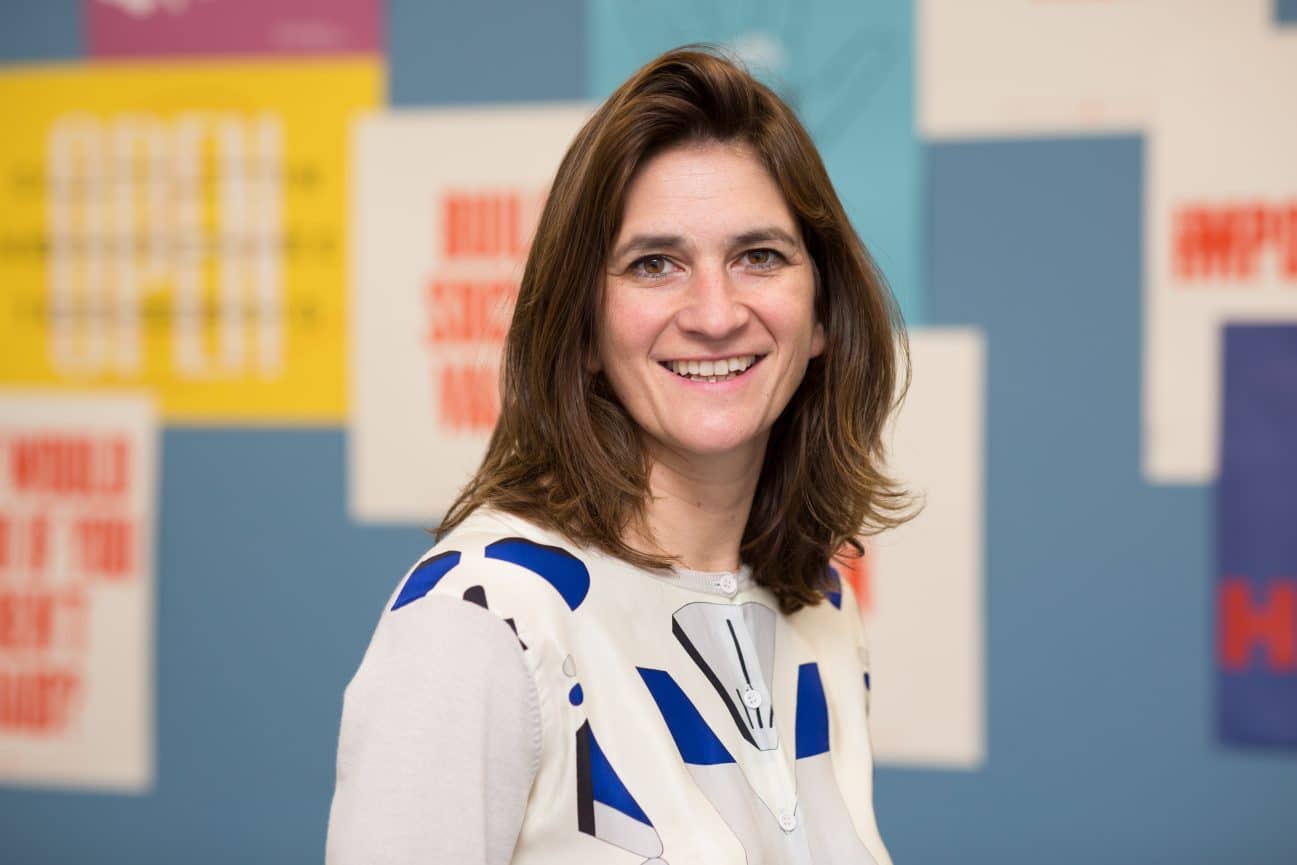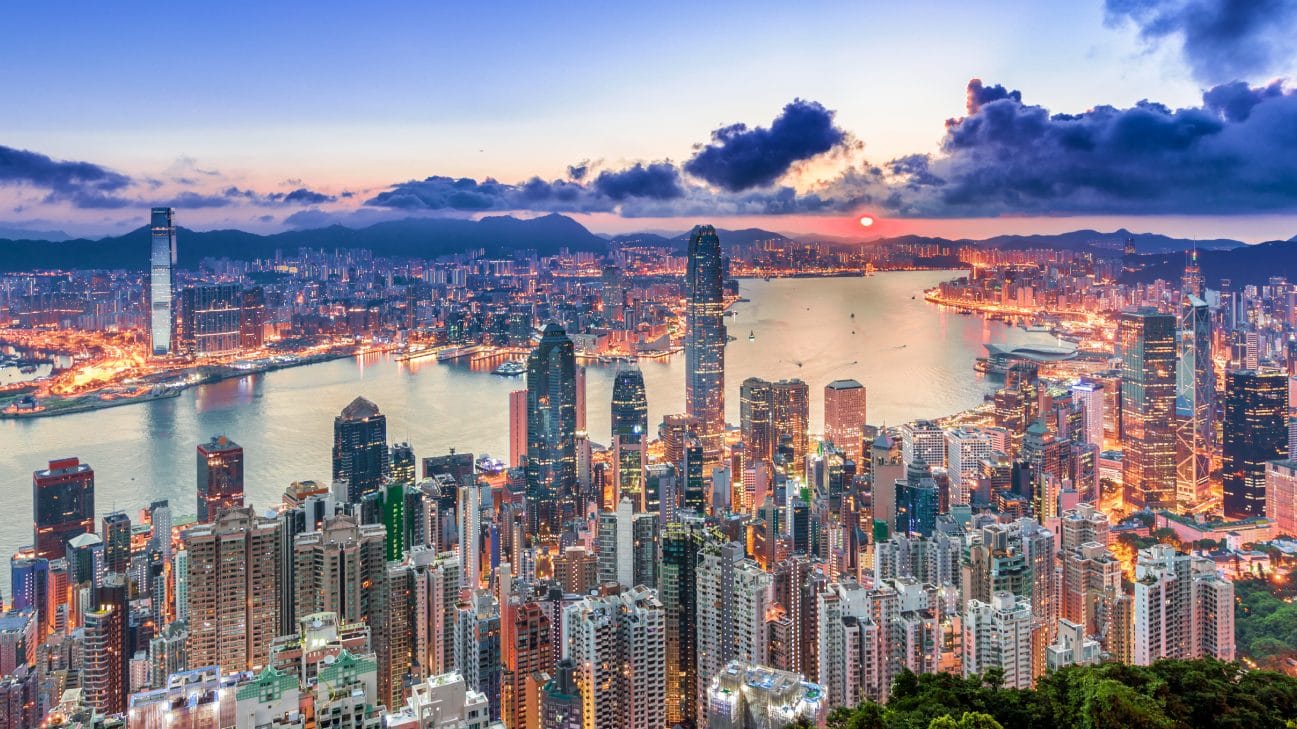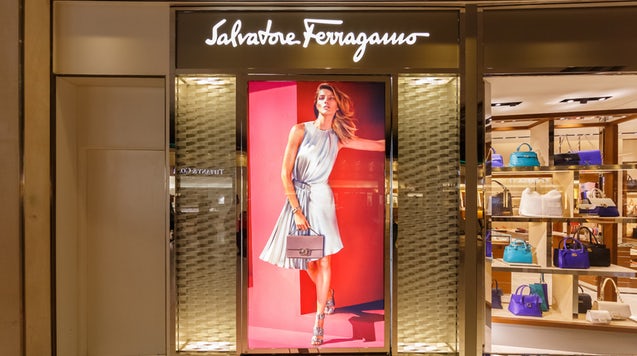Violaine began her career in marketing at Club Méditerranée, high-end vacation centers. In 2004, she joined EuropaCorp (film production company of director Luc Besson) where she developed digital activities and strategic partnerships.
She then decides to create entrepreneurial experiences by first joining John Paul, the digital concierge service – acquired by AccorHotels in 2016 – then Etoile Rouge, a creative agency specializing in Luxury, Fashion and Beauty, bought by the BETC Luxe agency.
In 2016, she joined Facebook Inc to develop the Luxury Hub and manage the global luxury players from Paris. Violaine lives in Paris and holds an MBA Business from ESSEC.
By Violaine Gressier, Industry Manager, Luxury at Facebook (translation by Luxus Plus)
93% of luxury consumers use social networks. This finding reveals a major upheaval in the luxury industry, linked to these new uses and the inherent (induced) changes in the purchasing process.
Indeed, the luxury sector is at the heart of a disruption to which brands must now adapt: consumers are increasingly mobile first.
Ever more connected luxury fashion shoppers today 77% consult their mobile in store: in search of responsiveness and instant response, they are looking for tools that perfectly meet their expectations.
Since the Messenger platform opened in 2016 to bot publishers, chatbots have conquered social networks.
However, these systems with artificial intelligence have been developing for several decades already. If luxury brands are now investing massively in the development of chatbots, it is because they now allow access to a large number of users.
The power of new platforms, including WhatsApp and Messenger, lies in their ability to provide access to a large network of active users. This represents a significant opportunity for luxury houses, whose sellers already use these services with their customers on a private basis.
Chatbots via messaging are now seen as an evolution, even a revolution, and this in particular to the recent advances in artificial intelligence. Luxury brands are therefore taking a close interest in it, from a “customer centric” perspective.
As proof, last spring, two luxury brand chatbots were very successful. It is to celebrate her 10 year career as a fashion designer that Victoria Beckham created a Messenger experience in order to generate brand awareness and create sales.
More than 60,000 conversations were launched in 3 weeks with 25% click through rate to the site to discover the collection and 65% of those hired subscribed to the bot: proof of the impact of this new communication channel.
Clarins in Hong Kong has also created a new experience in the context of the relaunch of its inconic product Double Serum.
By using Messenger and the website data, the beauty brand has managed to simplify online appointment booking and to increase online and offline gateways: 15,000 in-store appointments were made with this operation , an increase of 34 points in the booking rate.
In addition, this technology based on immediacy allows us to reach new consumers: the Millennials. Nearly 83% think chatbots save them time and 82% say they are effective.
In search of closer, more direct and more personalized relationships, this category of consumers now considers messaging as an essential tool for customer relations.
In fact, 51% of the new generation’s members buy their luxury products mainly online.
Digital is proving to be a great tool for the purchasing journey and contributes to this trend of hyper-personalization. Faced with these behavioral changes and technological upheavals, the luxury sector is opening up to a real range of possibilities.
Artificial intelligence thus presents itself as a meteoric breakthrough for the luxury and fashion sectors.
This technology could therefore meet all the criteria that luxury consumers expect – namely personalization, efficiency and simplicity – as well as the cost reduction objectives that the sector sets for itself.
Using chatbots could cut business costs by as much as $ 439 million by 2023, according to Juniper Research.
The switch to luxury 3.0 is therefore well underway and will evolve rapidly with the increase in purchasing power of the “next generation”, 89% of luxury consumers using Facebook products daily.
This new generation clientele leads to a new way of “shopping”, putting digital at the service of the creative process as well as the purchase.
The challenge for luxury companies is now to define which services and which conversations to develop with their customers via chatbots.
We bet that the impressive developments in Artificial Intelligence will allow them rich possibilities in the coming years.
Read also: Brands, cultivate your signs! By Annie-Paule Quere (1/2)









